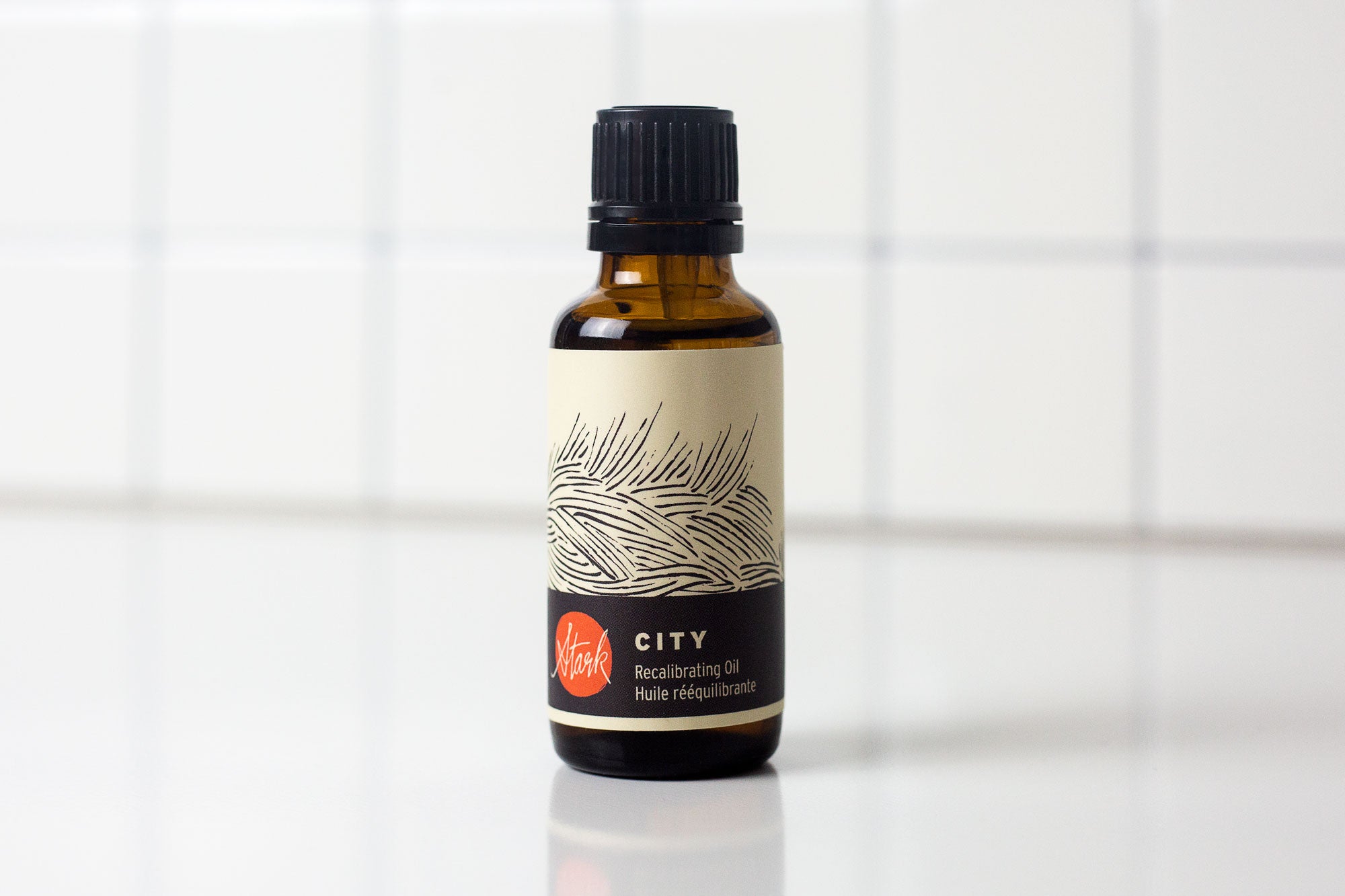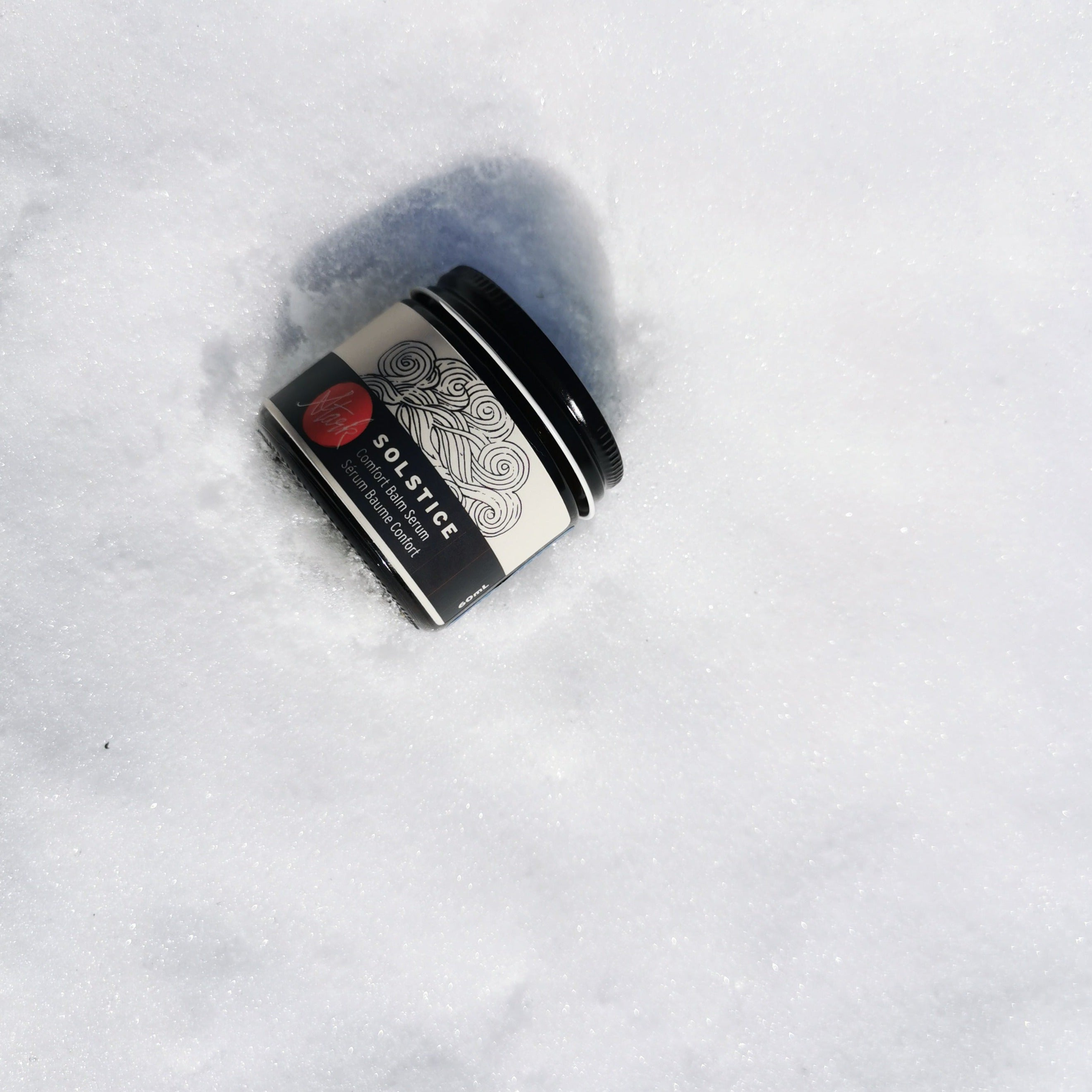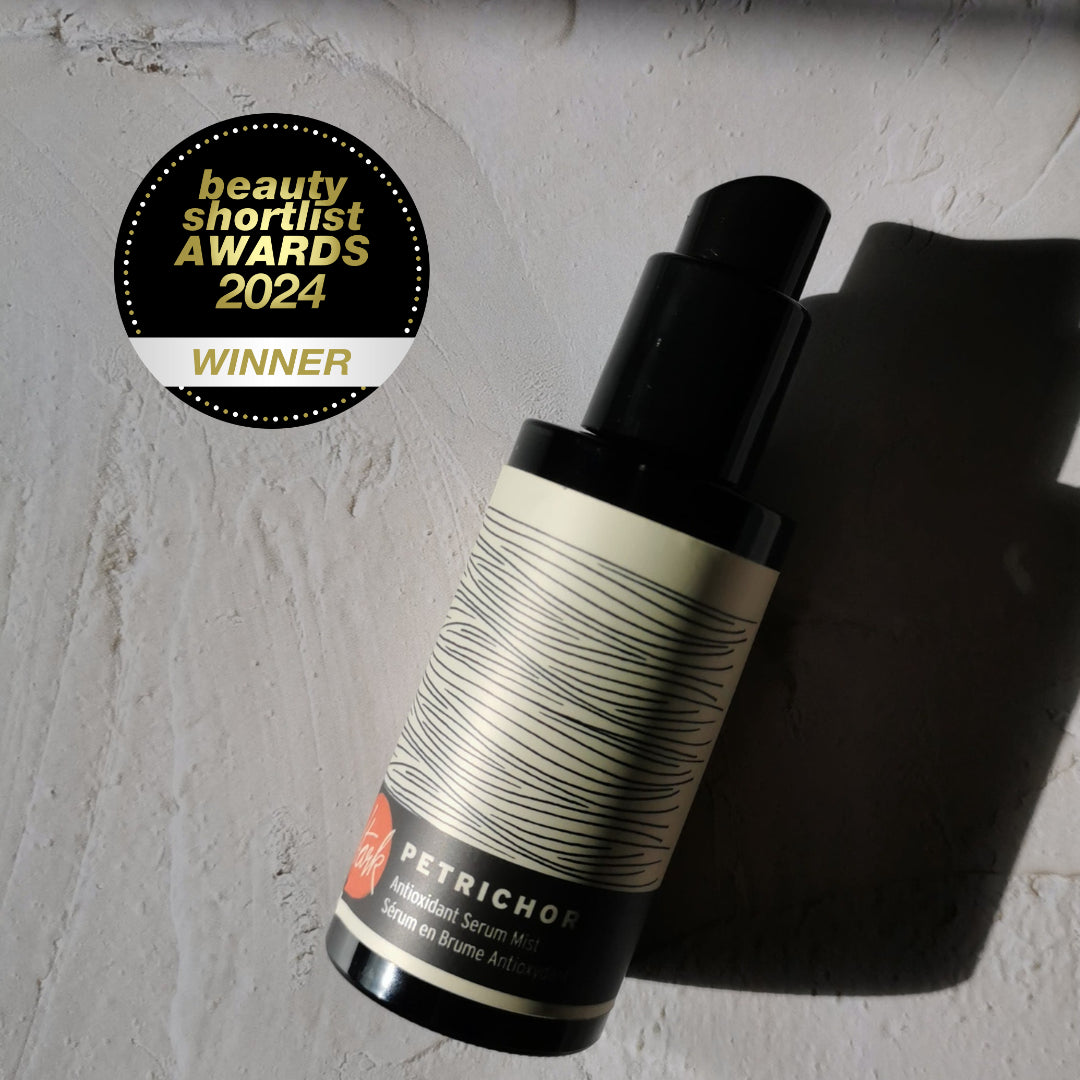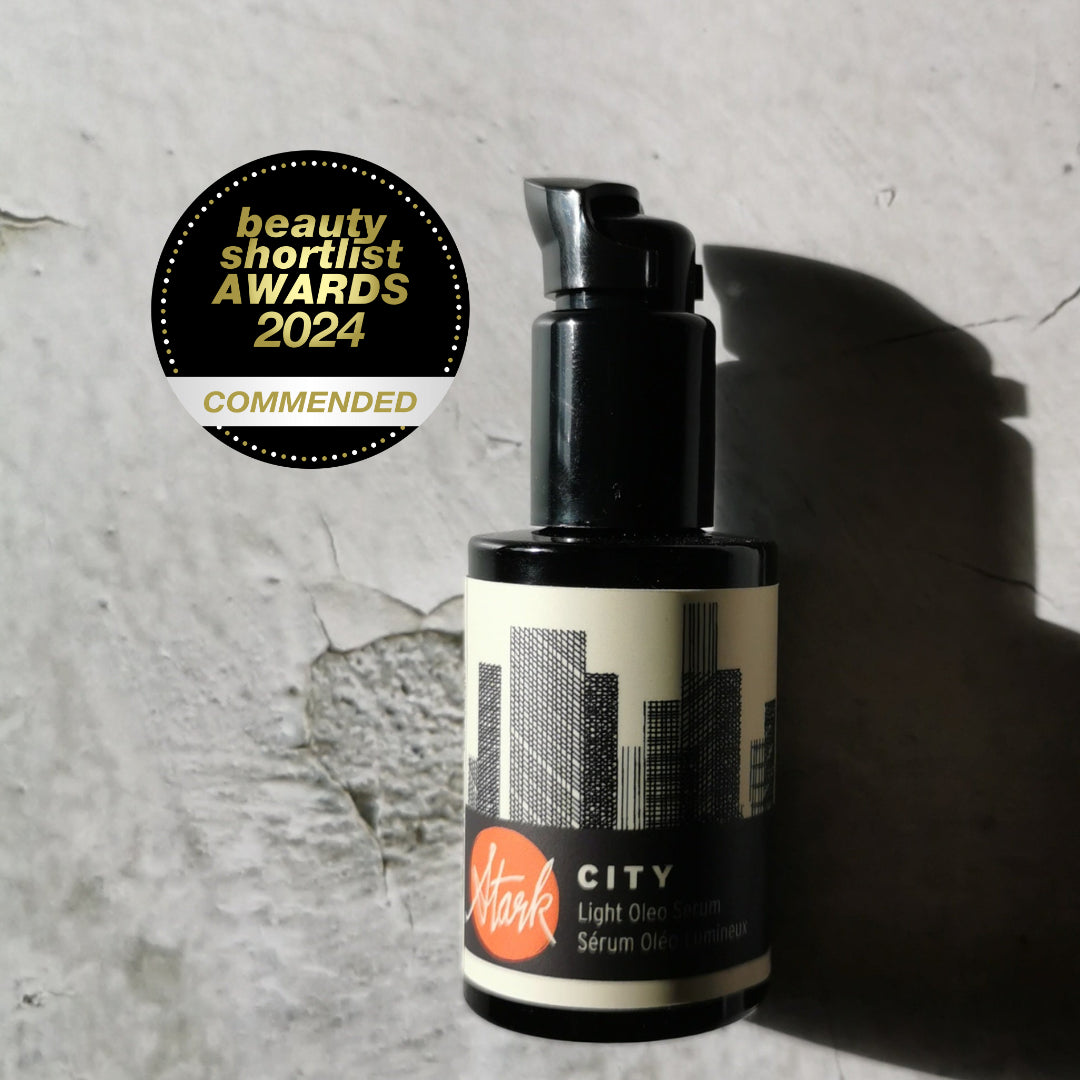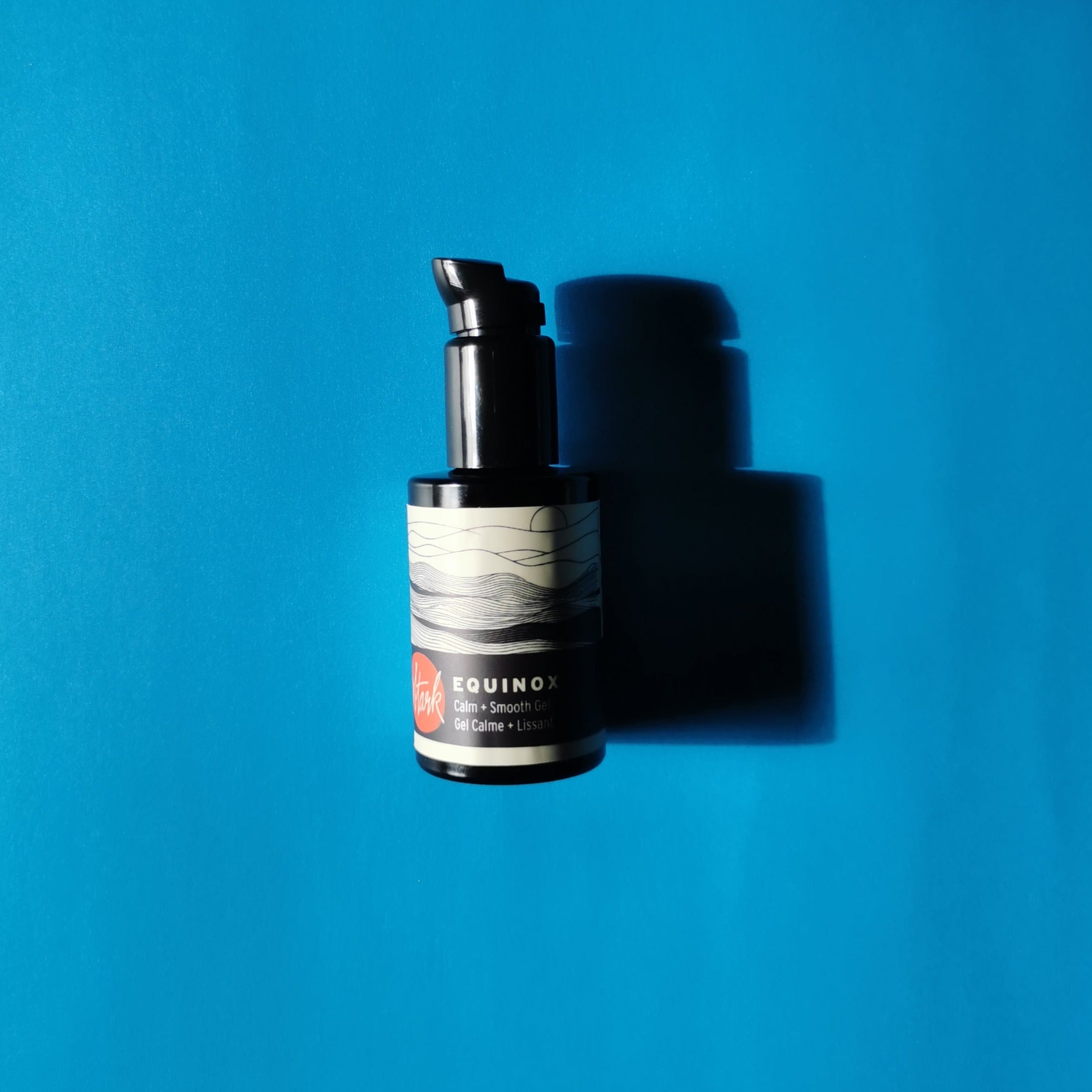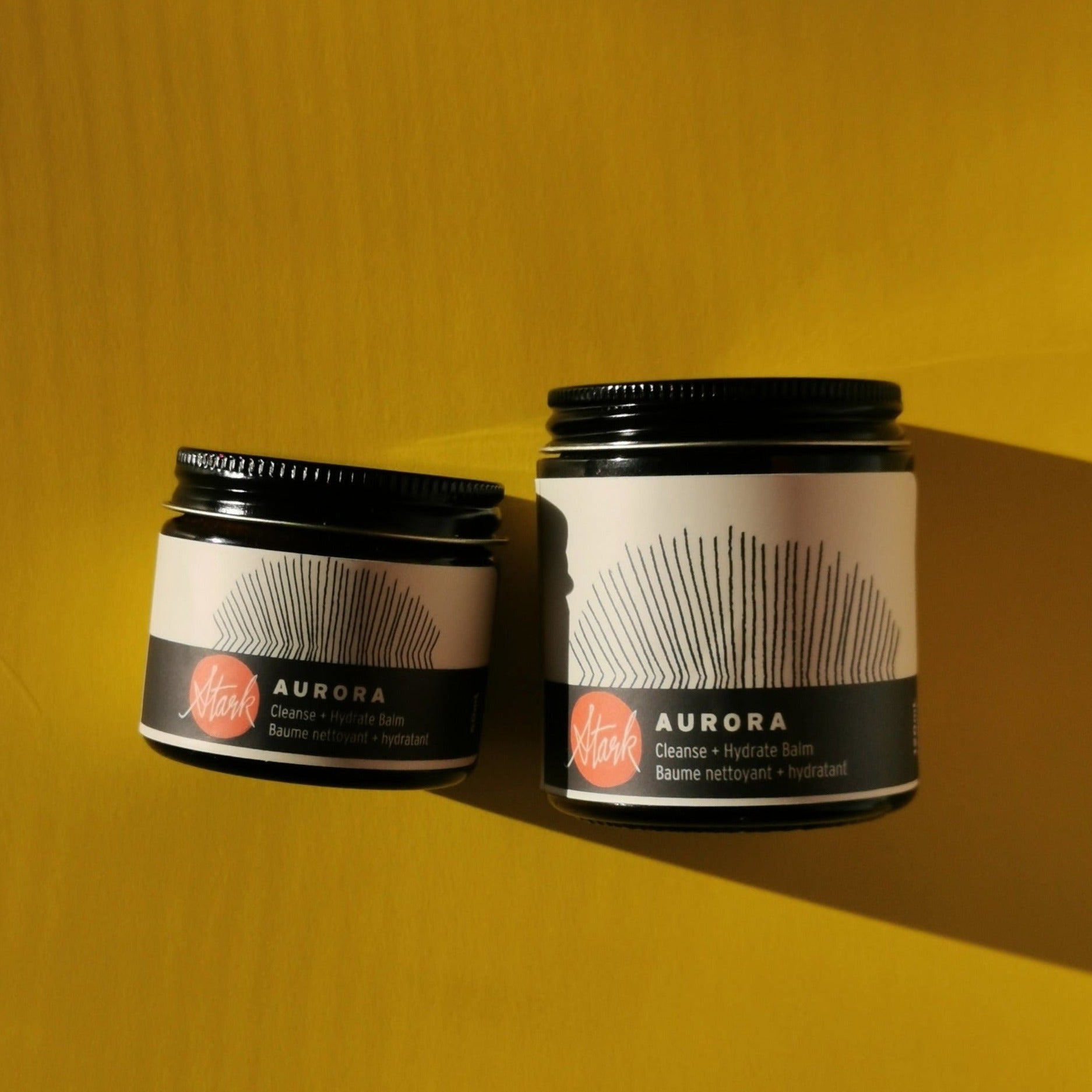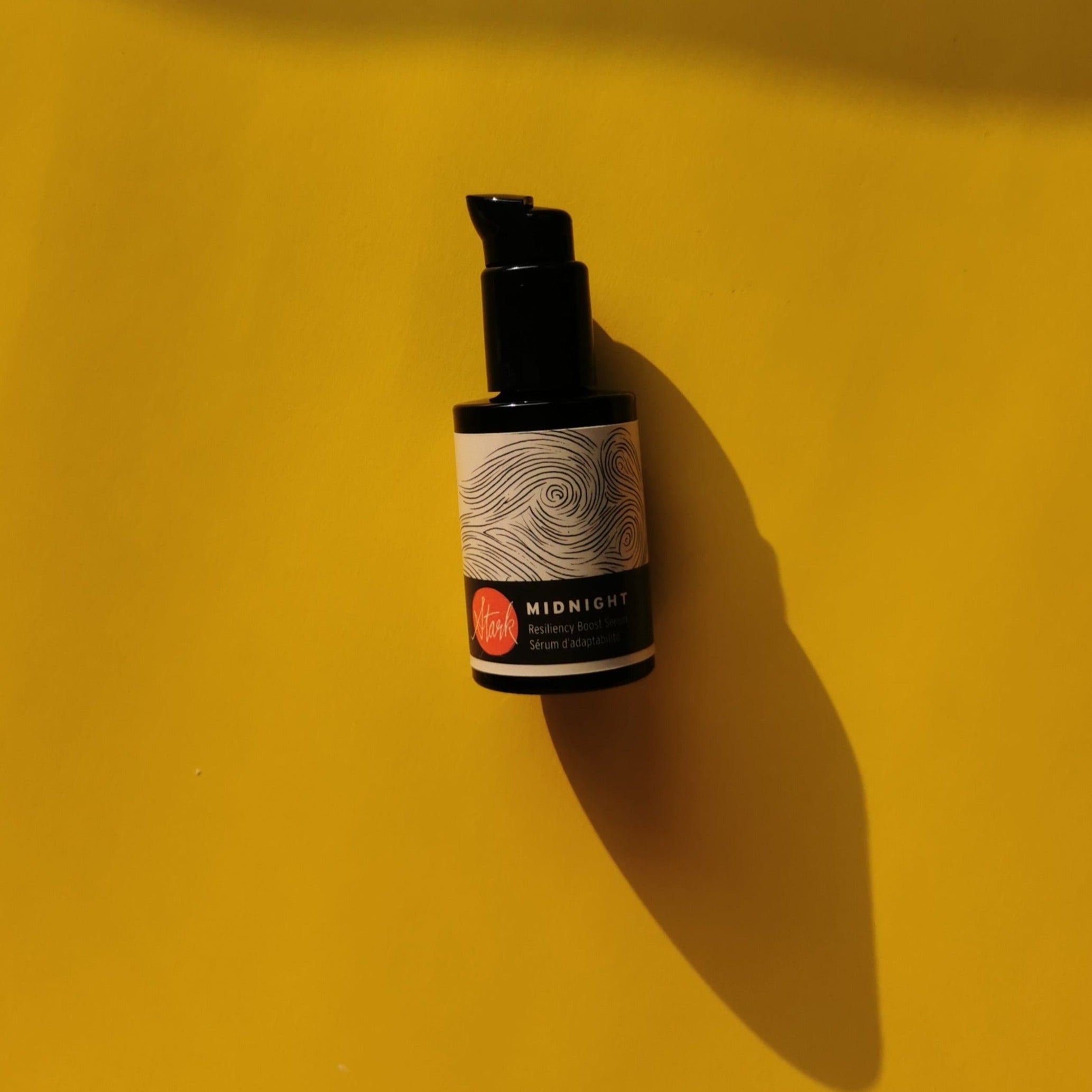Unveiling the Sweet Deception: The Damaging Effects of Sugar on Your Skin

In today's fast-paced world, it's easy to succumb to the irresistible allure of sugar. From sweet treats to sugary beverages, our modern diet has become inundated with this addictive substance. However, have you ever stopped to consider how sugar affects your skin? Beyond the obvious impact on our waistlines, sugar can wreak havoc on our skin health, leading to various dermatological issues. In this blog post, we will explore the scientific evidence behind the detrimental effects of sugar on the skin, shedding light on why it's time to break up with this sweet enemy.
- The Glycation Process:
One of the key mechanisms through which sugar damages the skin is a process called glycation. Glycation occurs when excess sugar molecules in our bloodstream attach themselves to collagen and elastin fibers, the proteins responsible for maintaining skin's firmness and elasticity. This sugar-protein interaction forms harmful molecules called advanced glycation end products (AGEs). AGEs contribute to the development of wrinkles, sagging skin, and a loss of radiance.
Scientific evidence: In a study published in the Journal of Investigative Dermatology, researchers found a significant correlation between high blood sugar levels and the presence of AGEs in the skin. The study concluded that the accumulation of AGEs contributes to skin aging and the formation of wrinkles (Vlassara et al., 2016).
- Inflammation and Acne:
Consuming excessive amounts of sugar can lead to a spike in insulin levels, triggering a cascade of events that promote inflammation throughout the body. Inflammation, in turn, plays a pivotal role in the development and worsening of acne. Elevated insulin levels can also increase sebum production, clogging pores and creating an ideal environment for the proliferation of acne-causing bacteria.
Scientific evidence: A study published in the American Journal of Clinical Nutrition observed a positive association between high glycemic load diets (diets rich in refined carbohydrates, including sugar) and the presence of acne in young adults (Smith et al., 2007). Another study conducted by the Journal of the Academy of Nutrition and Dietetics found a significant link between high sugar intake and acne severity (Burris et al., 2017).
- Accelerated Skin Aging:
The adverse effects of sugar go beyond the formation of wrinkles. Sugar consumption can also accelerate the natural aging process by disrupting the delicate balance of collagen and elastin fibers in the skin. This results in a loss of elasticity, increased skin sagging, and the appearance of fine lines and deep creases.
Scientific evidence: A study published in the British Journal of Dermatology investigated the impact of dietary sugars on the skin aging process. The researchers concluded that higher sugar intake was associated with an increase in perceived skin aging (Danby et al., 2010). Furthermore, a study in the Journal of Clinical Endocrinology and Metabolism revealed that excess sugar intake leads to the production of harmful free radicals, further contributing to skin aging (Suzuki et al., 2001).
- Uneven Skin Tone and Hyperpigmentation:
Sugar can also disrupt the evenness of our skin tone and contribute to the formation of hyperpigmentation, such as dark spots and melasma. Excessive sugar consumption can trigger a process known as glycation, leading to the production of melanin, the pigment responsible for skin coloration. This can result in the appearance of blotchy, uneven skin tone and an increase in unwanted pigmentation.
Scientific evidence: A study published in the Journal of Cosmetic Dermatology explored the relationship between dietary sugars and skin pigmentation disorders. The findings revealed a significant association between higher sugar intake and an increased risk of hyperpigmentation (Danby et al., 2013).
While sugar may bring temporary delight to our taste buds, its damaging effects on our skin should not be overlooked. Scientific evidence demonstrates the detrimental impact of sugar on skin health, including the glycation process, inflammation, accelerated skin aging, and the development of uneven skin tone and hyperpigmentation. By reducing our sugar intake and opting for a balanced, nutrient-rich diet, we can proactively protect our skin from these harmful effects. Embracing a lifestyle that prioritizes skin-friendly choices will not only enhance our overall well-being but also help us maintain a radiant and youthful complexion for years to come.
References:
-
Vlassara, H., Palace, M. R., & Cohen, H. (2016). Glycation and Glycotoxins in the Skins of Diabetic Patients. The American Journal of Clinical Dermatology, 17(2), 143–151.
-
Smith, R. N., Mann, N. J., Braue, A., Mäkeläinen, H., & Varigos, G. A. (2007). The effect of a high-protein, low glycemic-load diet versus a conventional, high glycemic-load diet on biochemical parameters associated with acne vulgaris: A randomized, investigator-masked, controlled trial. Journal of the American Academy of Dermatology, 57(2), 247–256.
-
Burris, J., Rietkerk, W., & Woolf, K. (2017). Acne: The Role of Medical Nutrition Therapy. Journal of the Academy of Nutrition and Dietetics, 117(3), 436–439.
-
Danby, F. W., et al. (2010). Effect of nutrient supplementation on atopic dermatitis in children: a systematic review of probiotics, prebiotics, formula, and fatty acids. British Journal of Dermatology, 163(3), 616–624.
-
Suzuki, Y. J., et al. (2001). Oxidative stress and oxidized low-density lipoproteins in the circulation of diabetic patients. Journal of Clinical Endocrinology and Metabolism, 86(2), 438–440.
-
Danby, F. W., et al. (2013). Nutrition and acne. Clinics in Dermatology, 31(3), 380–388.



